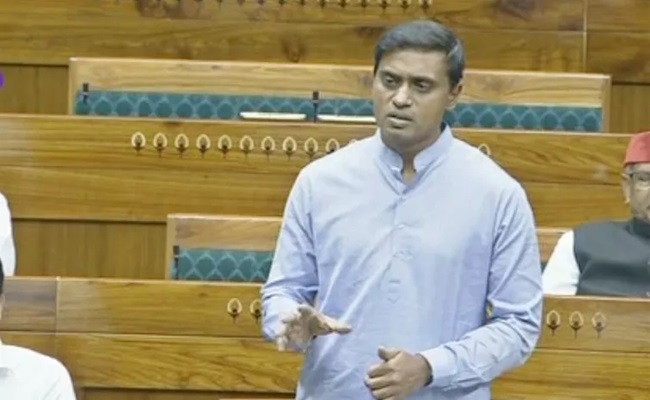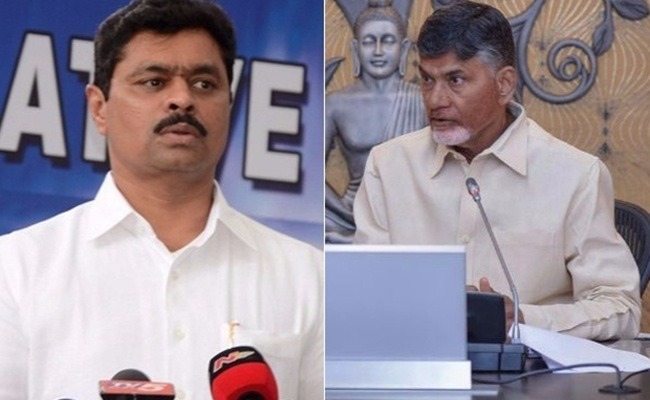
Hyderabad: With the UK High Court on Wednesday ruling in favour of India in a 70-year-old dispute involving 35 million pounds belonging to the Nizam, over 100 descendants of the last ruler of erstwhile Hyderabad State are hoping to get their due share.
The court has rejected Pakistan's claim over the funds deposited in a London Bank during Hyderabad's accession to India in 1948.
The descendants say that they all have the share in the funds and not just Prince Mukarram Jah, the titular eighth Nizam and his younger brother Muffakham Jah.
Nizam's grandson Nawab Najaf Ali Khan told IANS that they welcome the court verdict.
"The court has rightly rejected Pakistan's claim in favour of India, and the descendants of Nizam VII. The family has long awaited this judgment," he said
According to him, there are 120 legal heirs of seventh Nizam, Mir Osman Ali Khan. He hopes that the funds lying in NatWest Bank plc will be distributed among the legal heirs without further legal wrangling.
The Nizam's family members will wait for the next development in the case known as Hyderabad Funds case. They, however, believe that Pakistan has no strong grounds to challenge Wednesday's court order.
Claiming the legal right to the funds, they say they were party to a confidential settlement agreement was reached last year between the Indian government and the Nizam Estate.
After partition of India and before the merger of the then Hyderabad state with India, Nizam's Finance Minister Moin Nawaz Jung had transferred 10,07,940 pounds sterling and nine shillings in the name of then Pakistan High Commissioner in London, H.I. Rahimtoola in the NatWest Bank.
India raised an objection to the transfer, saying the Nizam was not an independent ruler and prevailed upon the bank to freeze the account. Since then, the matter was hanging fire.
The Nizam had refused to accede to India after the country's independence on August 15, 1947. He wanted to remain an independent state or join Pakistan. The princely state finally merged with the Indian Union in September, 1948 after an operation by Indian Army.
The Hyderabad Funds case had reached the House of Lords, which held that the question of who owned the fund could not be decided because Pakistan had claimed sovereign immunity.
Mir Osman Ali Khan, who was the world's richest man of his times, died in 1967. The efforts to solve the dispute during his lifetime failed as Pakistan never came forward to help unlock the funds.
The Indian government in 2008 decided to pursue an out-of-court settlement with Pakistan and the heirs of the Nizam.
Nawab Najaf Ali Khan recalled that the cabinet took the decision after the Nizam's descendants met then Prime Minister Manmohan Singh and then Foreign Minister Pranab Mukherjee.
In 2012, they had appealed to Pakistan to reciprocate to India's offer of an out-of-court settlement.
However in 2013, Pakistan waived its sovereign immunity by issuing a claim for the fund. This opened the way for the case.













